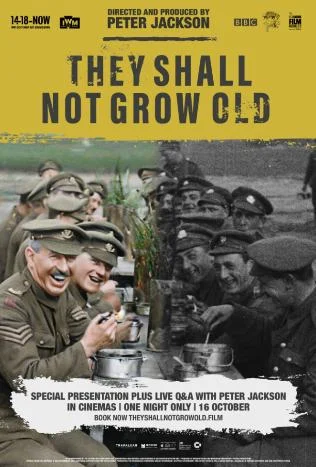Roma ****
Memories are captured within our subconscious as a single image. There’s no music, or quick pans or gimmickry compartmentalized through the technology of film. They’re dry rather than visceral. Alfonso Cuarón finds his inner Tarkovsky allowing the camera to run for extended periods letting the memories to play out. Slight elements of "Children of Men" are on display with scenic protests of violence that engulfs the screen while our protagonist tries to seek refuge wherever she can find it. Unlike "Gravity’s" need to beg for our attention with its emphasis on visuals over story Cuarón takes a step back. Sacrificing overly complicated setups Cuarón (who’s also the film’s DP) sticks to pans and tilts along with extended dolly shots reminiscent of Jean-Luc Godard’s "Weekend." Told through the portrait of Cleo’s memories, played by Yalitza Aparicio. Cleo is the servant of an incredibly wealthy family who resides in Colonia Roma, a neighborhood in Mexico City. Amidst the country's 1971 turmoil Mrs. Soifa’s (Marina de Tavira) husband Antonio (Fernando Grediaga) operates for the Mexican government claiming to have a conference in Quebec. As you may have guessed this is not the case. Mrs. Sofia is falling into despair while Cleo is dealing with an unplanned pregnancy, the father to Cleo's child, a psychotic degenerate of a boyfriend leaves Cleo to fend for herself when he receives the news of her missed period.
The honesty of this film is a rare constant feat. If every frame is a painting, then not a single shot is used as meaningless coverage. "Roma" is a film where I would argue for a wide depth of field over a shallow one on any given day. It’s easy to make your film look professional when shooting with shallow focus, but it’s also lazy. You don’t have to pay attention to everything that’s in the frame or why it's there. Just pull it out of focus. Cuarón, much like Kubrick demands your attention. You must try to figure out why so much emphasis is placed upon a single shot for such an excessive amount of time. If you don’t have the attention span for a slower moving picture, then go enjoy watching something more your pace. As the camera leans back, we see a beautiful image of a Mexico that once existed tear itself into ruins. There’s nothing Cleo can do in her position where a simple servant can’t stand up for herself out of fear of losing everything. All she can do is be complacent. Today there are still thousands of woman who are unable to let their voices be heard out of fear of being let go in the workplace or getting assaulted by their “lovers.” It’s a modest reflection of what it’s like to be a Mexican American woman in today’s society. If you’re a maid, then you’re a statistic, nothing more.
Despite its despair, "Roma" ends with the hope that miraculously doesn’t feel artificial. Cuarón's picture is a reflection of what it’s like to be in the lower class living with close to no hope. This is a film where fear dominates our hero, but the love of others from the most unlikely of place helps Cleo overcome her anxiety. The confidence this film resembles by its final moments ensures me of the hope I see returning to our world hopefully sooner rather than later. It’s a pleasure to see Alfonso Cuarón take a step back from all of his fancy toys so he can tell a more human cerebral story devoid of beautiful movie stars and CGI magic.




